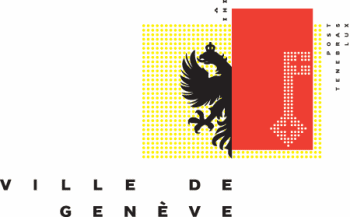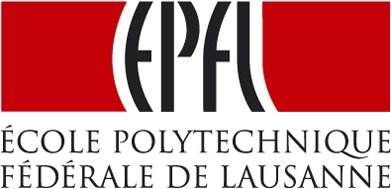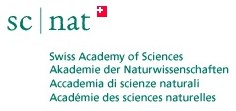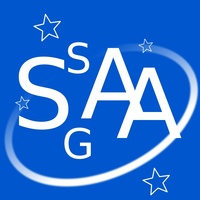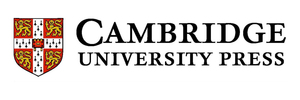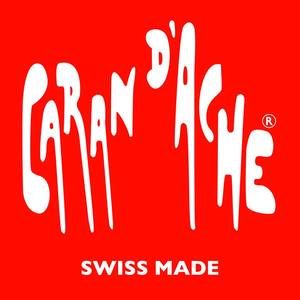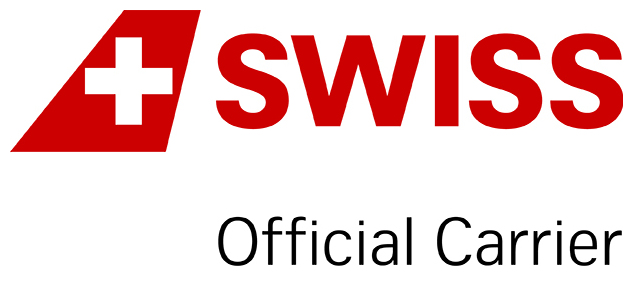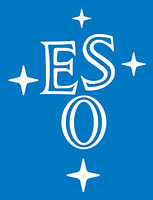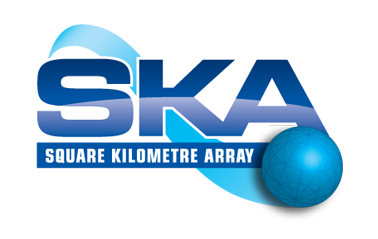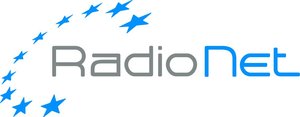Symposium S3
30 June – 2 July 2014
Gaia Research for European Astronomy Training: GREAT network science symposium
News:
20140113: We invite the community to propose talks and posters during the meeting. See the meeting website for details at see http://www.great-esf.eu/events/Geneva-Jul14/
Aims and scope
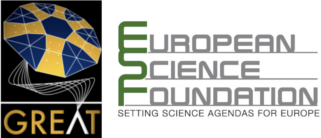 The ESA cornerstone mission Gaia iwas successfully launched
in Dec 2013. Gaia will provide an unprecedented all-sky astrometric,
photometric, and spectroscopic survey that promises to not only
revolutionise our understanding of the formation history of the
Milky Way, but that will also have a significant impact on many
other areas of astronomy ranging from solar system science to
quasars.
The ESA cornerstone mission Gaia iwas successfully launched
in Dec 2013. Gaia will provide an unprecedented all-sky astrometric,
photometric, and spectroscopic survey that promises to not only
revolutionise our understanding of the formation history of the
Milky Way, but that will also have a significant impact on many
other areas of astronomy ranging from solar system science to
quasars.
The key goals of this symposium will be for the Gaia project to
provide the science community with the latest performance estimates
for Gaia, to interact with the community to refine the delivery of
the Gaia data products, and to give the community the opportunity to
present the latest science results from activities carried out by
and in the Gaia/GREAT community.
GREAT (an initiative of the ESA Gaia Project, Gaia Science Team and
DPAC Executive) is a pan-European research network involving over
1000 researchers in 20+ countries with a common interest in
maximising the science potential of Gaia. It is funded as an ESF
research network programme (http://www.great-esf.eu) and an EU FP7
Marie-Curie Initial Training Network (http://www.great-itn.eu).
GREAT has supported science activity in the form of ~40 conferences,
workshops and schools together with numerous exchange visits (see
http://great.ast.cam.ac.uk/Greatwiki/GaiaScienceMeetings). Its
working groups cover topic areas where Gaia will have major impact
(e.g. modelling, distance scales, hot massive stars, end states of
stellar evolution, exoplanets, solar system, statistics, to name but
a few - see http://great.ast.cam.ac.uk/Greatwiki/
CategoryWorkgroups). The GREAT network is fully open to all European
(and indeed world wide) astronomers.
GREAT plenary meetings have run since the kickoff meeting in 2009,
allowing members of the GREAT and wider community to participate in
a dynamic fashion. They are structured around Gaia updates,
presentations from related organisations (e.g. ESO), reports from
new initiatives, and new science results from the network
activities. In 2013, the GREAT plenary was held at the EWASS in Turku
- in the form of a Science Symposium (S11) and Special Meeting (SM4).
The full programme included a number of high visibility science
presentations (see http://great.ast.cam.ac.uk/Greatwiki/GreatMeet-
PM6).
This meeting will follow a similar format to last year - where the community will be able to actively participate in the creation of the programme, and the meeting.
Programme
The programme is available at the meeting website - see http://www.great-esf.eu/events/Geneva-Jul14/
Invited speakers
The speakers and programme will be available at the meeting website - see http://www.great-esf.eu/events/Geneva-Jul14/
Scientific organizers
The co-Chairs are Nicholas Walton (Institute of Astronomy,
University of Cambridge, UK) and Timo Prusti (ESTEC, ESA).
The organising committee consists of: Conny Aerts (Leuven, B), Joao
Alves (Vienna, AT), Anthony Brown (Leiden, NL), Josef Durech
(Prague, CZ), Laurent Eyer (Geneva, CH), Eva Grebel (Heidelberg, D),
Carme Jordi (Barcelona, E), Lennart Lindegren (Lund, S), Francois
Mignard (Nice, F), Andre Moitinho de Almeida (Lisbon, P), Karri
Muinonen (Helsinki, FI), Dimitri Pourbaix (Brussels, B), Sofia
Randich (Arcetri, I). In addition Orlagh Creevey (IAS, PAris, F) (and co-chair Sp2) participates in the SOC.
Contact
Nicholas A Walton (naw @ ast.cam.ac.uk)
Updated on Mon Jan 13 22:12:50 CET 2014
|
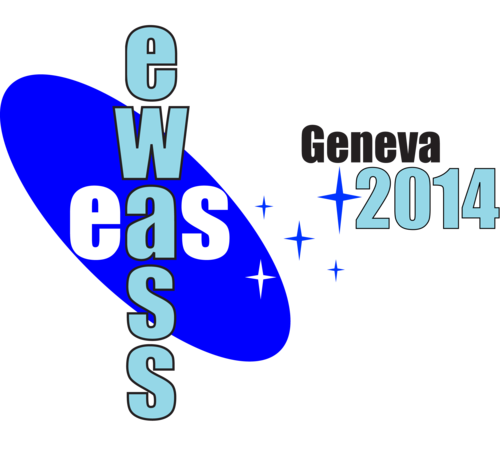
 A power cut will shut down all EAS services on Tuesday, 10 January 2017 starting at 7:30 CET.
A power cut will shut down all EAS services on Tuesday, 10 January 2017 starting at 7:30 CET.


